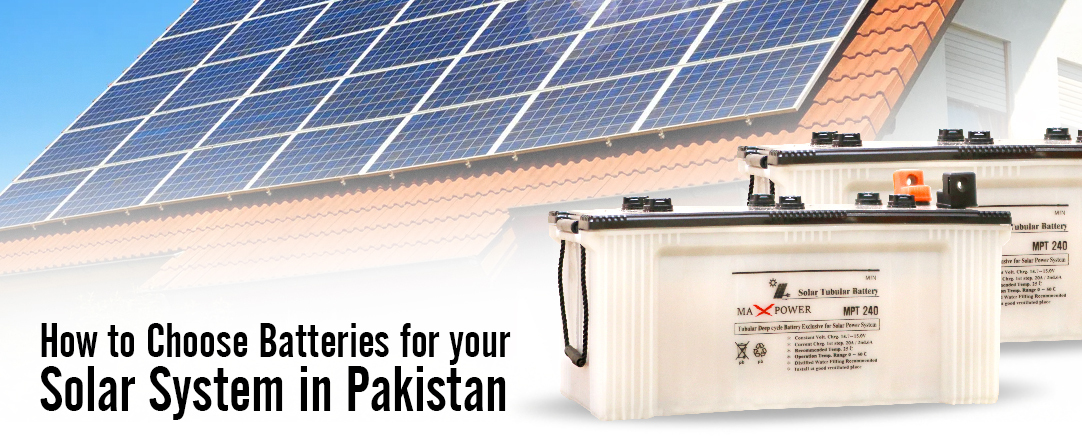Introduction
As solar energy systems become increasingly popular among homeowners, many are looking for ways to maximize their benefits. One of the best ways to enhance the efficiency of a solar setup is by adding a home battery. A solar battery allows you to store the excess energy generated during the day, providing power at night or during outages. Choosing the right battery for your needs can make all the difference in achieving energy independence, saving money, and reducing reliance on the grid.
In this guide, we’ll explore the key factors to consider when selecting a home battery and provide insights to help you make the best decision.
- Understanding the Role of Home Batteries
Home batteries are essential for making solar energy systems more efficient and versatile. Here’s what they do:
- Energy Storage: Home batteries store surplus electricity produced by your solar panels, so you can use it when your panels aren’t generating power, such as at night or on cloudy days.
- Backup Power: During power outages, a home battery can keep critical appliances running.
- Energy Independence: By reducing your reliance on the grid, home batteries offer a sense of control over your energy use and costs.
With the right battery, you can unlock the full potential of your solar system while gaining peace of mind.
- Key Factors to Consider When Choosing a Home Battery
a. Battery Capacity
Capacity refers to the total amount of electricity a battery can store, measured in kilowatt-hours (kWh). To determine the right capacity:
- Evaluate your daily energy consumption by reviewing past utility bills.
- Choose a battery that meets your backup needs or provides sufficient storage for nighttime usage.
b. Power Output
Power output, measured in kilowatts (kW), determines how much electricity the battery can deliver at a given moment. This is critical for powering multiple appliances simultaneously. Ensure the output matches your peak energy usage needs.
c. Battery Chemistry
The type of battery chemistry impacts its efficiency, lifespan, and cost. Common options include:
- Lithium-ion: Known for high efficiency, long life, and compact design.
- Lead-acid: Affordable but has a shorter lifespan and lower efficiency.
- Emerging Technologies: Solid-state batteries are gaining attention for their safety and performance.
d. Round-Trip Efficiency
Round-trip efficiency measures how much energy can be used from the battery compared to what was stored. Look for batteries with a high efficiency rate (90% or above) to ensure minimal energy loss.
Must Read: https://tododisca.com/
e. Lifespan and Warranty
Home batteries typically last 10–15 years. Compare warranties and look for those that guarantee a certain percentage of capacity after several years of use.
f. Scalability
If your energy needs grow, will your battery system grow with you? Modular systems allow you to add more batteries over time, which is ideal for future-proofing.
g. Cost and ROI
While upfront costs can be significant, incentives like tax credits and rebates can help offset them. Consider the long-term return on investment (ROI) from energy savings and grid independence.
- Compatibility with Your Solar System
Your chosen battery should work seamlessly with your existing or planned solar energy system. Here’s what to check:
- Inverter Compatibility: Ensure the battery works with your current solar inverter or opt for an integrated solution.
- System Design: Decide whether you need a battery-integrated system or a stand-alone battery that connects to your panels.
- Off-Grid vs. Hybrid: Choose a battery based on whether your system is fully off-grid or connected to the grid.
- Popular Home Battery Brands
Here are some of the most trusted home battery brands to consider:
- Tesla Powerwall: Offers high capacity, excellent efficiency, and an appealing design.
- Panasonic EverVolt: Known for reliability and performance.
- LG Chem RESU: A compact, scalable solution for residential use.
Each of these brands has its own strengths, so be sure to compare their features and warranties before making a decision.
- Why Choosing the Right Battery Matters
Investing in the right home battery can have a significant impact on your solar energy system and overall energy savings. Benefits include:
- Maximizing Solar Energy Use: Store and use more of the energy your panels generate, reducing waste.
- Lower Energy Bills: Minimize reliance on expensive grid electricity during peak hours.
- Environmental Benefits: Make the most of clean, renewable energy, reducing your carbon footprint.
- Need Help Choosing?
Choosing the right battery can feel overwhelming with so many options available. To help you make the best decision, check out this comprehensive guide: Best Home Solar Batteries. This resource breaks down the top options, key features, and factors to consider when selecting a battery that fits your needs.
Conclusion
Selecting the right home battery is a crucial step in optimizing your solar energy system. By considering factors like capacity, power output, battery chemistry, and compatibility, you can find a solution that meets your energy needs and aligns with your goals for energy independence and cost savings.
With careful research and planning, you’ll be well on your way to enjoying the benefits of a reliable, efficient home battery. Start exploring your options today and take the next step toward a greener, more sustainable future!



































